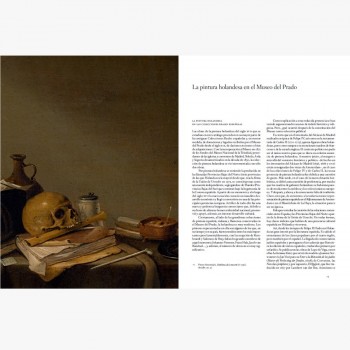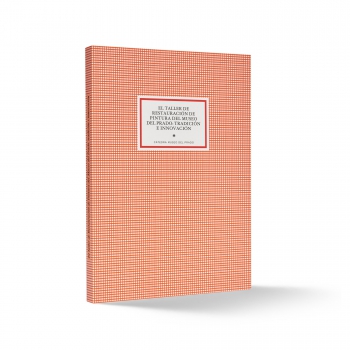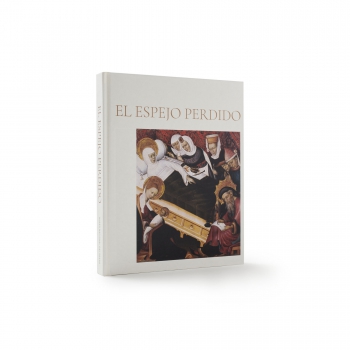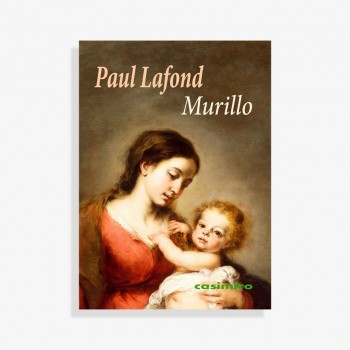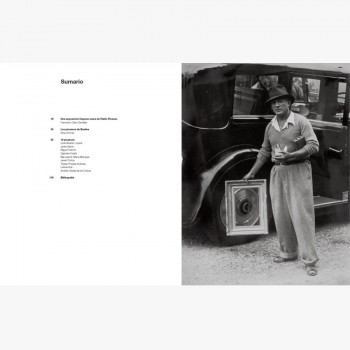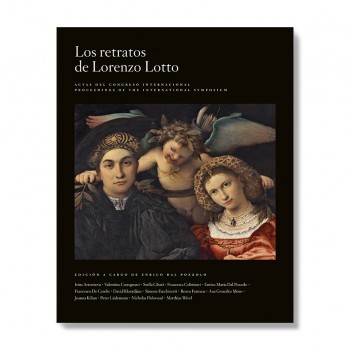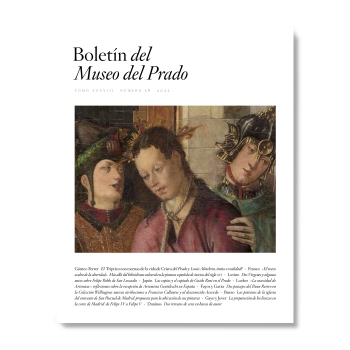In spite of the huge number of paintings by this artist in the Prado, Luca Giordano (Naples, 1634–1705) is seldom studied and is therefore little known to the public, who often do not see beyond the cliché of his prodigious speed of execution. The present volume sets out to remedy this lack of knowledge. It begins with three introductory essays that set the Prado paintings in the context of Giordano’s life, survey the painter’s critical fortunes from his own time to the present day, and provide information on his Spanish period, which lasted from 1692 to 1702. These initial texts also look into specific issues, among them Giordano’s relationship with his dealers, and more controversial aspects such as the commercial strategies he used to disseminate his work.
The second part of the book, the catalogue raisonné proper, consists of entries for each of the paintings studied, including information on their provenance, condition, restoration history, related literature, iconography, visual sources and critical fortunes. It features a total of 99 paintings executed on different supports and in various media which span all the stages of his production except the period following his return to Naples in 1702.
This catalogue is the result of many years of thorough research conducted by its author, Andrés Úbeda de los Cobos, Deputy Director for Conservation and Research at the Museo del Prado. He is a specialist on Luca Giordano and has published various articles and books on the artist’s oeuvre, such as a study on the fresco of the Apotheosis of the Spanish Monarchy in the Casón del Buen Retiro in 2008, a project which, in a sense, has been brought to a successful completion by this book.
ISBN: 9788484803416



